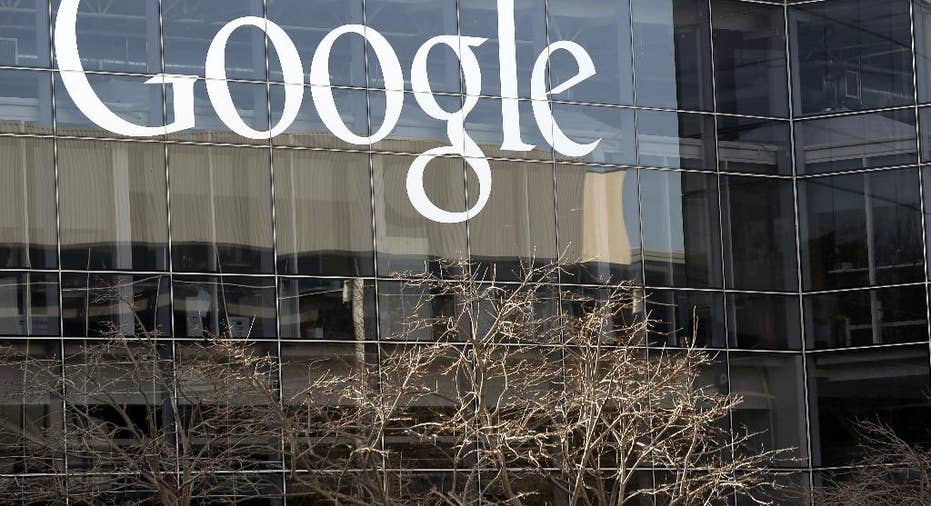Google creates new holding company, Alphabet, to oversee its core business and new ventures

SAN FRANCISCO – Google is creating a new company to oversee its highly lucrative Internet business and a growing flock of other ventures, including some — like building self-driving cars and researching ways to prolong human life — that are known more for their ambition than for turning an immediate profit.
The new company will be called "Alphabet," Google CEO and co-founder Larry Page announced Monday. Page said he'll be CEO of the new holding company, while longtime Google executive Sundar Pichai will become CEO of Google's core business, including its search engine, online advertising operation and YouTube video service.
While the company will still use the Google name for those core services, Page said the new structure will provide more independence for divisions like Nest, which makes Internet-connected home appliances, and Calico, which is conducting cutting-edge health research.
Analysts said the move may also be a nod to Wall Street demands for more fiscal accountability: As part of the reorganization, Page said the company will begin reporting financial results by segments. That should give a clearer picture of how Google's core Internet business is performing, separate from other ventures, said analyst Colin Gillis of the investment firm BGC Partners.
Google reported more than $14 billion in profit on $66 billion in sales last year, most of it from lucrative Internet advertising, while other ventures have required large investments without showing immediate returns. The company's stock has surged in recent weeks after a new chief financial officer signaled some trims in corporate spending.
The reorganization also cements the importance of Pichai, who is viewed by many as a potential successor to Page. Google's other co-founder, Sergey Brin, will be president of the new holding company.
With the reorganization, Page signaled that he wants to give more authority to CEOs of the companies that will be part of the new entity known as Alphabet.
"Our company is operating well today, but we think we can make it cleaner and more accountable," he wrote. "We believe this allows us more management scale, as we can run things independently that aren't very related."
Businesses that will operate separately under the Alphabet umbrella include Calico, which Google established to conduct health research in 2013; Nest, which Google acquired in 2014; Fiber, which is building high-speed broadband networks in several cities; and Google X , the research lab responsible for Google's self-driving car venture and previously developed its controversial Internet headset, known as Glass.
Alphabet will also oversee Google Ventures and Google Capital, two corporate investment entities that focus on early- and growth-stage startups.
Google's YouTube video division, however, will remain part of the core business under Pichai, although Page made a point of praising its chief, longtime ad executive Susan Wojcicki. Google historically has not reported earnings separately for the YouTube business.
"It may not be quite ready yet," Gillis said of YouTube. "Maybe they're going to do a little polishing and work on profitability first."
The new structure could make it easier for Google Inc. to sell off some of its unrelated businesses, or buy new ones, analysts said. Page has suggested previously that he is a fan of Warren Buffett, the famed financier and CEO of Berkshire Hathaway. Buffett's conglomerate owns more than 80 subsidiary companies and lets each operate with substantial independence.
Google said its chief financial officer, Ruth Porat, will hold the same title for both Google and Alphabet. Once the reorganization is complete, the company says its two existing classes of publicly traded stock will continue to trade on the Nasdaq exchange under the ticker symbols "GOOG" and "GOOGL."
Both classes of the Mountain View, California, company's stock rose more than 6 percent in after-hours trading following the announcement Monday afternoon.
___
AP business writers Tali Arbel in New York and Josh Funk in Omaha, Nebraska, contributed to this report.



















